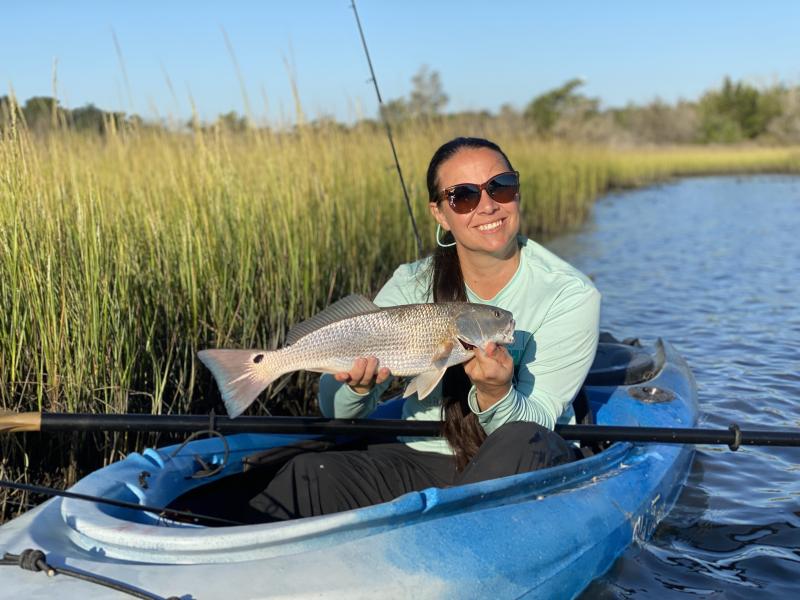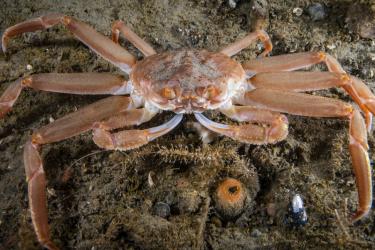In the United States, recreational fishing supports hundreds of thousands of jobs across the country while contributing billions of dollars to the national economy. On this episode, we talk with Russell Dunn, the National Policy Advisor for Recreational Fisheries about the importance of recreational fishing and an update to the National Recreational Fishing Policy. This policy lays out our commitment to accessible, diverse, and sustainable recreational fisheries and provides a common framework for recreational fisheries across the country.
One of the main goals of the policy is to support and maintain the resources on which recreational fisheries depend—because if there's no fish or no habitat, then there's no fishery.
The National Fish Habitat Partnership aims to protect, restore, and enhance aquatic ecosystems across the United States. It's a network of 20 individual fish habitat partnerships, and a collaboration between federal and state and conservation groups.
Alex Atkinson, a policy analyst with NOAA Fisheries and the board staff representative, joins us to talk about the Partnership. It provides funding to non-commercial fishing communities to help restore and protect the very habitats that they live near and interact with. NOAA is just one of the federal partners within NFHP. We heard directly from the recreational community that they wanted to get engaged in more habitat work. This funding opportunity focuses not only on habitat improvements, but also engaging with recreational communities. We have funded 16 projects since 2018.



